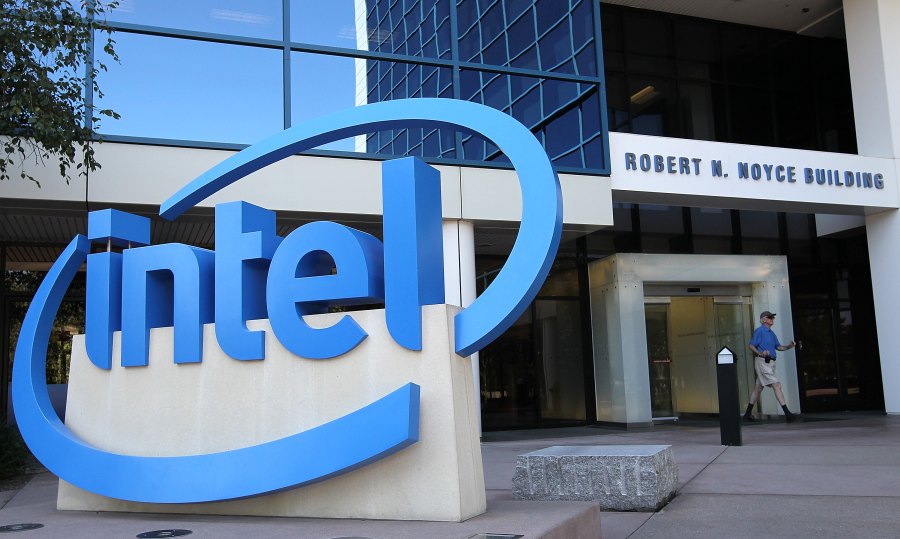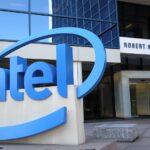Intel sells stake in UK chip designer Arm as financial woes deepen

Intel woes deepen this week as the former chip giant cuts stake in UK chip designer Arm to cost cuts amid company-wide restructuring. According to a regulatory filing, Intel has sold its 1.18 million share stake in British chip company Arm Holdings in a move to bolster its financial position.
This sale, revealed on Tuesday, likely brought in nearly $147 million for the once-dominant American chipmaker, based on Arm’s average stock price from April to June, according to a report from CNBC. At the end of June, Intel’s financials showed $11.3 billion in cash and cash equivalents, with liabilities totaling around $32 billion.
“Intel has sold its 1.18 million share stake in British chip firm Arm Holdings, according to a regulatory filing, as the California chip designer shores up its balance sheet amid intense competition,” CNBC reported.
This divestment from Arm comes during a challenging time for Intel, as the company navigates what CEO Pat Gelsinger has described as “the most significant restructuring in Intel’s history since the memory microprocessor shift four decades ago.”
In early August, Intel announced a $10 billion cost-cutting initiative, which includes the reduction of approximately 15,000 jobs, the elimination of its fiscal fourth-quarter dividend, and a decrease in capital expenditures.
These steps come on the heels of a disappointing quarterly report, where Intel missed expectations and provided a cautious outlook for the upcoming period. The report triggered the steepest single-day decline in Intel’s stock in 50 years, dropping by 26%.
The Rise and Fall of Intel: How America’s Largest Chipmaker Lost Its Way
Intel, once a dominant force in the semiconductor world and the most valuable U.S. chip company, has seen its lead slip away, outpaced by competitors following a series of blunders. The California-based chipmaker has been struggling to stay competitive in the face of increasing pressure from other semiconductor companies, especially with the surge in demand driven by AI advancements.
Intel’s recent financial challenges have been exacerbated by its decision to accelerate the production of its Core Ultra PC chips, designed specifically to handle AI workloads, according to CEO Pat Gelsinger. As Intel pushes forward with these new chips, competitors like AMD and Qualcomm are also racing to introduce AI-focused chips, following in the footsteps of Nvidia’s recent successes.
Gelsinger is also focused on revitalizing Intel’s struggling chip foundry business, aiming to reclaim the market share lost to Taiwan’s TSMC and South Korea’s Samsung in recent years.
Despite a nearly 60% drop in Intel’s stock value this year, the company saw a slight uptick in after-hours trading, based on data from LSEG. Meanwhile, Arm’s shares have been performing well since its IPO last September, climbing nearly 65% year to date.
In April, Intel reported a staggering 133% year-over-year decline in earnings per share for the first quarter, marking the biggest quarterly loss in the company’s history. Revenue also took a significant hit, dropping nearly 36% to $11.7 billion.
Just a month later, Intel announced a new wave of layoffs, emphasizing plans to cut costs and improve efficiency through several initiatives. Earlier this month, the company followed through, laying off 17,500 employees—over 15% of its workforce—in an effort to reverse the losses in its semiconductor manufacturing division.




